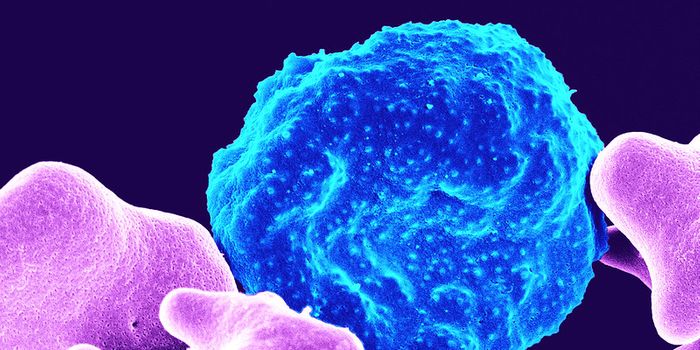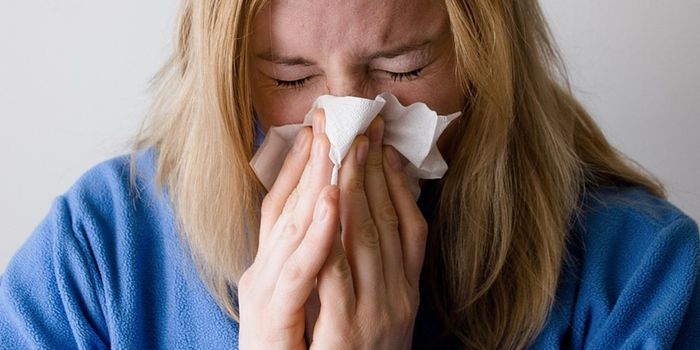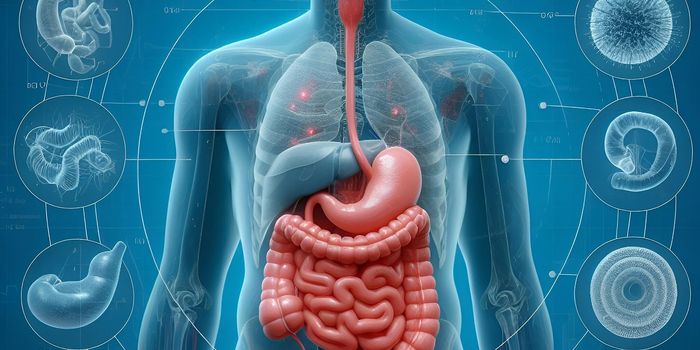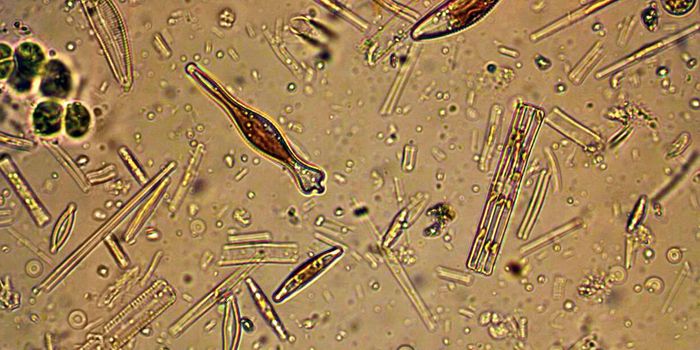Kids' Bedtimes are Linked to the Gut Microbiome
The human gut microbiome, or the trillions of microbes in the gastrointestinal tract, are essential to our health. These microbes help us digest food and absorb nutrients, for example, but they also generate compounds that can have a physiological effect. Researchers are learning more about how specific species of microbes connect with various aspects of human health, and are determining what microbial species are best for the human microbiome.
Since the gut microbiome can be very different from one person to another, even when it is healthy, it has taken a long time and many research studies to start to identify the good and bad microbes, and how they exert their effects. For example, researchers know that bacteria that generate short chain fatty acids can be very beneficial to health.
Scientists have now determined that the gut microbiomes of children can vary according to what bedtimes are typical for those kids. This study did not necessarily decipher whether these microbes cause kids to go to bed at a different time, or simply whether bedtimes can have an impact on the composition of a child's microbiome; more research will be needed to make and confirm that determination. The research has been published in Scientific Reports.
In this study, the investigators assessed the gut microbiomes of 88 children, which had been placed in one of two groups: either a group that usually went to bed before 9:30 pm and those who typically went to bed after that. The researchers did not intervene in the childrens' bedtimes. The researchers noted what times the children went to bed, as well as the quality of sleep, and time spent falling asleep
This work revealed that microbes that have previously been shown to have a beneficial impact on human health like Akkermansia muciniphila were found at higher levels in those that went to bed earlier compared to those who went to bed later. Akkermansia muciniphila has been associated with healthier cognition. The early sleepers also had greater diversity in their microbiomes, which has been linked to better health in a multitude of previous studies. These children were found to have higher levels of bacterial groups such as Verrucomicrobia, Akkermansia, Holdemania, and unclassified Firmicutes. They also carried higher levels of CAG-83 fungi compared to later sleepers.
As the levels of Alistipes finegoldii rose, so did total sleep duration. However, dream frequency and sleep efficiency was reduced as those bacterial levels increased too.
The levels of Alistipes finegoldii, Akkermansia muciniphila and Holdemania filiformis were negatively correlated to sleep quality.
There was more regulation of neurotransmitters and higher levels of amino acid metabolism in early sleepers. This may provide more evidence for a link between the gut and cognition. Previous work has shown that some gut microbes generate neurotransmitters that have an effect on human biology, and their is a gut-brain axis.
The study authors suggested that sleep patterns may significantly affect the composition of the microbiome, although more research will be needed to confirm that is how the relationship is working.
Sources: Medical Express, Scientific Reports









